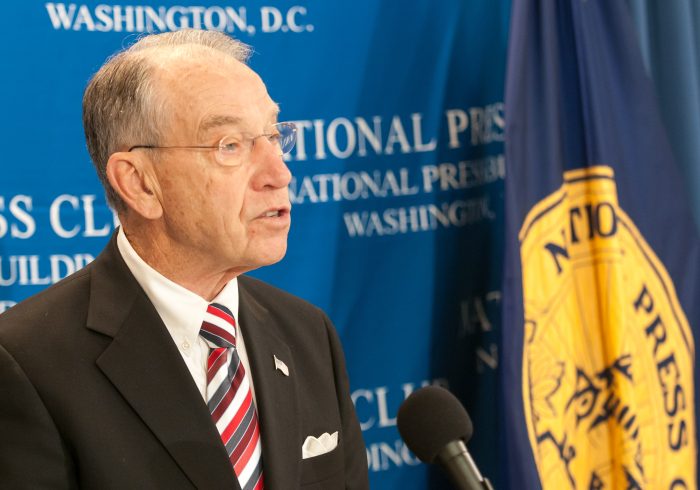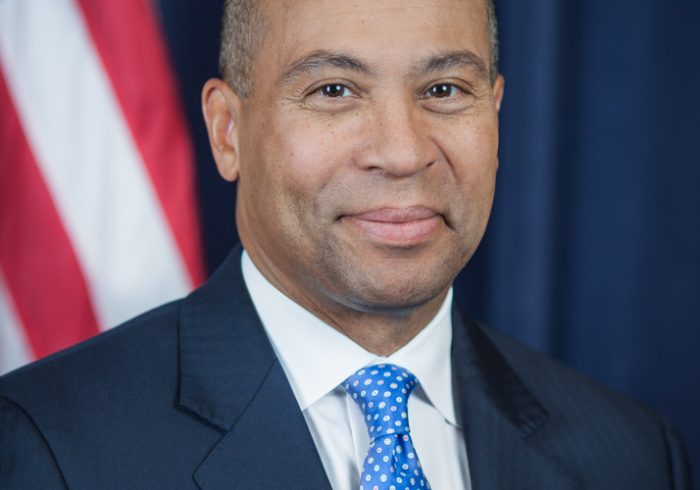Ireland’s primary treatment centre for addiction, The Rutland Centre, has reported that 20% of its admissions across 2023 were for gambling addiction.
In its latest annual report, the centre, which is seen as the benchmark for Ireland’s addiction statistics, reported that of the 5,213 people admitted throughout 2023, 1,042 were admitted primarily for gambling addiction.
The report also reveals that there is also a dramatic increase in those reporting to the centre with multiple addictions as 62% of all patients had two or more addictions.
Speaking to local press, The CEO of the Rutland Centre, Maebh Mullany said:
“We answer almost 16,000 calls a year, and at this point in 2024 I think we are on track to surpass the 2023 levels. Addiction is very prevalent, it’s across all communities all over the country.”
A Growing Problem
In October of 2023, the Economic and Social Research Institute (ESRI) reported that as many as 1 in 30 adults in Ireland were suffering from the harms of problem gambling or around 130,000. This was a tenfold increase on 2019’s figures.
The same report also indicated that as many as 279,000 adults were displaying the early signs of problem gambling.
Then in June of 2024, ESRI released another report which looked into the effects of childhood gambling on adult gambling participation. That study found that 64% of adults had gambled prior to reaching 18, the legal age for gambling in Ireland.
Gambling activity among minors:
- Slot machines – 33%
- Scratch cards – 31%
- Horse or dog betting – 27%
- Gambling amongst friends – 23%
- Bingo – 20%
- Lotteries – 20%
The report also revealed that people who gambled as a minor are almost twice as likely to develop problem gambling in adulthood, as are those who had a parent who gambled.
Calls for Action
Speaking of the need for action Labour Senator Mark Wall said:
“Clearly we have a growing issue that must be addressed. Labour has long called for a full ban on advertising by gambling companies that drive many people to this behaviour. While not a panacea, stopping this nudge factor could have an impact on helping those experiencing addiction, and preventing others gambling in the first instance.
In recognition of the harm caused by advertising to those at risk of gambling addiction, last year Belgium took the brave move to ban all gambling ads and I am reiterating my call to Government for Ireland to follow suit.”
Actions to Date
In November 2022, the Government approved legislation that included new restrictions on gambling advertising and marketing. These were:
- A ban on advertising that may be seen by children or ads that encourage excessive gambling
- A ban on the broadcasting of gambling ads on TV or radio between 5.30am and 9pm
- A ban on the use of credit cards for gambling
- No free bets or promotions allowed
- No ATMs allowed in betting shops or gambling facilities
However, despite the establishment of a gambling regulator and measures to protect customers from the harms of gambling, problem gambling remains on the increase.
The latest calls for an outright ban on ads will no doubt be subject to significant challenges from the likes of industry heavyweights such as Flutter Entertainment which has its global headquarters in Dublin.
In Ireland, addiction treatment services are an essential resource for individuals struggling with various forms of addiction, including problem gambling. According to recent statistics, approximately one-fifth of addiction treatment in Ireland is dedicated specifically to addressing problem gambling.
Problem gambling is a serious issue that can have devastating consequences for individuals and their loved ones. It is characterized by a compulsive urge to gamble, despite negative consequences such as financial problems, relationship difficulties, and mental health issues. Problem gambling can lead to a range of negative outcomes, including financial ruin, legal problems, and even suicide.
In response to the growing prevalence of problem gambling in Ireland, addiction treatment services have been working diligently to provide specialized support for individuals struggling with this issue. These services offer a range of interventions, including individual counseling, group therapy, and support groups specifically tailored to address the unique challenges faced by problem gamblers.
One of the key components of addiction treatment for problem gambling in Ireland is cognitive-behavioral therapy (CBT). CBT is a highly effective form of therapy that helps individuals identify and change the negative thought patterns and behaviors that contribute to their gambling addiction. By working with a trained therapist, individuals can learn healthy coping strategies and develop skills to resist the urge to gamble.
In addition to therapy, addiction treatment services in Ireland also offer practical support such as financial counseling and assistance with debt management. These services can help individuals address the financial consequences of their gambling addiction and work towards rebuilding their financial stability.
Overall, the dedicated focus on problem gambling within addiction treatment services in Ireland is a positive step towards addressing this growing issue. By providing specialized support and interventions for individuals struggling with problem gambling, these services are helping to improve outcomes for those affected by this devastating addiction. If you or someone you know is struggling with problem gambling, it is important to seek help from a qualified addiction treatment provider to start on the path to recovery.




